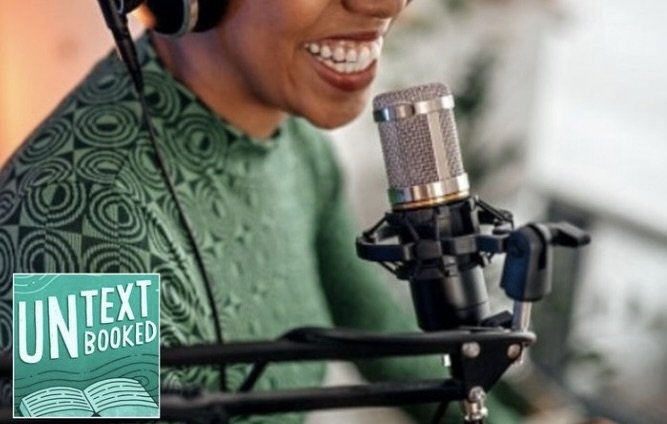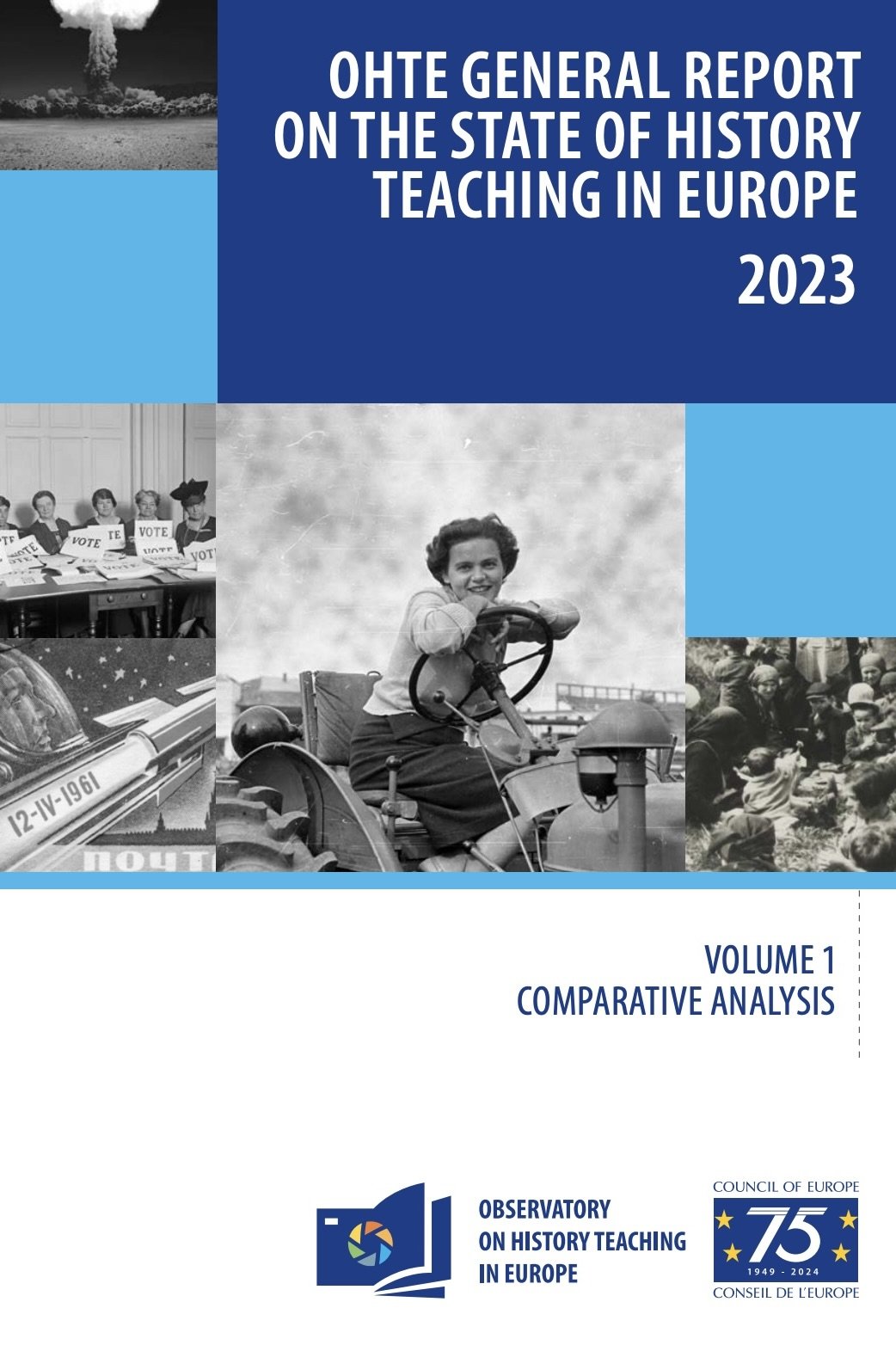Welcome to our Educational Resources page. Here, we will be periodically share relevant educational resources developed by the members of the Rewind network, as well as resources developed by other organisations that we ourselves have found useful in our work. Please note that this page gives you access only to some highlighted resources. You can find the full lists of resources in the dedicated pages.
You will find the following resources:
Toolkits and Handbooks: These are longer books that focus on how to approach specific events, concepts, or topics. They normally contain an overview of the theory, methodological and pedagogical guidelines and approaches, as well as good practices and tips and tricks to tackle the topic with your students/pupils.
Lesson Plans: Ready-to-use activities on specific topics. These contain step by step instructions on how to do the activity with students in the classroom, as well as the primary and secondary sources that are needed. Most of the activities can be adapted for use in non-formal learning settings.
Teaching Strategies: These are practices that have been developed and tried out by other teachers and educators with their students and pupils. They give you step-by-step instructions on how to replicate the practice but, unlike Lesson Plans, will require you to adapt them to your own students, pupils, and learning objectives by deciding which topic to use them with and providing the primary and secondary sources needed.
Media Resources: Websites, (short) movies, collections of sources, digital exhibitions. These are resources that you can use to build your own lessons and practices.
Resources for Youth: these are resources that have not been created for teachers, but for youth. You can share these resources with your students/pupils, to support them in their own, project-based learning.
Research: Under this category you will find research reports that shed light on different aspects of education, democracy, and pluralism.
Resources From Our Members
Sharing European Histories
These strategies are developed to contribute to the understanding of young people regarding the complexity and multiplicity of European histories, and therefore better understand the continent itself.
Author(s): Each strategy has been authored by a different teacher from across Europe, under guidance of EuroClio and the Evens Foundation.
Category: Teaching Strategy
This resource is available in multiple languages.
Understanding Migration Film Module
Cinema holds a critical space in exploring something as intimate, yet public as migration. While migration has been a historical reality across civilisations and societies, today it invokes much debate and anxiety. However, it is possibly one of the most inalienable processes of how people live.' - Why then has this phenomenon undergone such severe transition in the way we perceive it and migrants today?
Author(s): History for Peace
Category: Lesson Plans
This resource is available in English.
Understanding Migration Literature Module
Migration has been a historical reality since the earliest times. Like any other social phenomenon, it must be located in its time and space. However, the recent worldwide atmosphere of viewing migrant communities as a threat makes one wonder: What is driving this sense of fear?’ What is making migration such an urgent issue of key concern today? This module is an exclusive teaching–learning resource drawing from the wealth of literature Seagull Books has brought forth over the years.
Author(s): History for Peace
Category: Lesson Plans
This resource is available in English.
Thinking with Films
Drawing from a selection of short films and film clips freely available in the public domain, this resource encourages its users to connect the dots, engage with issues that concern humanity, and paraphrasing Ritwik Ghatak’s unforgettable words—to ‘practise thinking’.
Author(s): History for Peace
Category: Teaching Strategies
This resource is available in English.
Shades of Resistance: Race and Caste
This teaching/learning resource encourages critical thinking, using the arts, in trying to understand how certain significant resistances to the oppressive structures of racism and casteism evolved. It looks into different political expressions of Black resistance in 20th century USA. Using the Dalit Panther manifesto, it also aims to explore biases around the cast system.
Author(s): Ranita Ray, History for Peace
Category: Lesson Plans
This resource is available in English.
Unpacking Systemic Racism in the Global Context
How does one define someone who assumes an identity different from yours—this could be in terms of race, caste, class, religion, gender, ethnicity, nationality, and most importantly culture? One would usually call them the Other—other nations, other cultures, other genders, and the list goes on, as long as the power structures live on. To put it simply, it is when one identifies themselves as the normative and accepted way of being—race, gender, religion, caste, class, ethnicity, thereby labelling those falling outside that normative description as the other. This module includes learning activities that challenge students to unpack and critically reflect the mechanisms behind systemic racism.
Author(s): Rajosmita Roy, History for Peace
Category: Lesson Plans
This resource is available in English.
Working with Sources in History Education
The teacher’s guide features an introduction highlighting the different approaches to history education and its use of sources in the classroom, along with concrete examples of how to use visual sources, stamps and songs. It includes pointers on the challenges and limitations for students as well as the preparation needed for teachers. The document has been produced for use in Sri Lankan educational system, but is transferable to most other contexts and curricula.
Author(s): Elise Storck, Hiranyada Dewasiri, M. Samantha Niroshana Peiris, Susanne Popp and Dennis Röder with input from Gijs van Gaans and Andreas Holtberget. Developed within the framework of Histories that Connect - Sri Lanka, a project by EuroClio, the Collective for Historical Dialogue and Memory and supported by Deutsche Gesellschaft für Internationale Zusammenarbeit (GIZ) GmbH.
Category: Teaching Strategy
This resource is available in English.
UnTextbooked
This is a Podcast Series co-created by a team of teenagers and The History Co:Lab as a way to showcase the power of history to inspire and inform change makers. In each episode, a young person interviews a prominent historian about their work and highlights how the themes of the past are relevant for today.
Category: Resources for Youth
This resource is available in English.
The Social Life of Democracy
A lecture by Sundar Sarukkai. This lecture was delivered as part of the 6th annual History for Peace conference titled 'The Idea of Democracy' which was hosted in Calcutta through August 4, 5, and 6, 2022.
Category: Media Resources
Can History Contribute to Peace?
A lecture by Krishna Kumar. This talk was presented on August 4, 2018 as part of the fourth annual History for Peace conference, The Idea of Culture, Calcutta.
Category: Media Resources
Oral History Teaching Strategy
The teaching strategy features a step-by-step guide on how to use oral history in the classroom, along with strategies for making an oral history project inclusive to a wide variety of students. It includes pointers on the technical requirements as well as the preparation needed for teachers and students alike. The document has been produced for use in Sri Lankan educational system, but is transferable to most other contexts and curricula.
Author(s): Bridget Martin and Judith Perera. Developed within the framework of Histories that Connect - Sri Lanka, a project by EuroClio, the Collective for Historical Dialogue and Memory and supported by Deutsche Gesellschaft für Internationale Zusammenarbeit (GIZ) GmbH.
Category: Teaching Strategy
This resource is available in English.
How to Give a Tour Around Contested Sites? A Toolkit for Educators
Clashing perceptions of history can be the source of serious divisions in society. The Memory Studies Association (MSA) and EuroClio work to turn these challenges into learning opportunities. When done well, education can be the best way to convey the complex perceptions of the past. We noted the potential of contested historical sites as spaces for teaching, learning and working towards social and historical justice. This toolkit helps educators and other stakeholders to better understand and address the complex legacies of Europe’s totalitarian past. By doing so, the aim is to highlight that historical complexity and contestation are universal themes across European societies and to motivate conversation surrounding histories.
Author(s): Francisco Ferrándiz, Olivia Durand, Paolo Ceccoli, Valerio Bernardi, Marcin Napiórkowski, Joanna Wojdon. Developed within the framework of Contested Histories Onsite, a project by EuroClio and the Memory Studies Association, co-funded by the European Union.
Category: Handbook
This resource is available in English.
Educating for Our Common Purpose
This report from a global convening on democracy education calls for a series of collaborative initiatives to center youth voice, change mindsets and create a new pedagogy and infrastructure of learning for the renewal of democracy.
Author(s): History Co:Lab with World Savvy, EuroClio and Rockefeller Brothers Fund
Category: Research
This resource is available in English.
Other Resources
General Report on the State of History Teaching in Europe
The first General Report on the State of History Teaching in Europe of the Council of Europe Observatory on History Teaching in Europe is part of a longitudinal study that examine how history is taught from a myriad of angles. It is developed by an expert group made up of academics and history educators in close cooperation and coordination with the Scientific Advisory Committee and released in December 2023.
Author(s): Cosme J. Gómez Carrasco, Dilek Latif, Angelos Palikidis, Anna Zadora, EuroClio
Category: Research
This resource is available in English.
Digital Inquiry Group
The Stanford History Education Group (SHEG) has spun out of Stanford University to become the Digital Inquiry Group (DIG), an independent nonprofit organisation.
We recommend checking out their whole website for a variety of high quality lesson plans and teaching strategies.
Anne Frank House
The Anne Frank House also develops a variety of educational resources about the history of the Second World War, the Holocaust and themes like human rights, and discrimination. We recommend taking a look at their website to explore the different resources they offer.
Visible Thinking Skills
Visible Thinking is a flexible and systematic research-based conceptual framework, which aims to integrate the development of students' thinking with content learning across subject matters.
Author(s): Harvard Project Zero
Category: Toolkits and Handbooks
Facing History and Ourselves
Facing History and Ourselves provides a variety of different educational resources that can be transferred into different contexts. We recommend browsing their website to find all sorts of teaching resources that, using lessons from the past, challenge both teachers and their students to actively stand up against racism, antisemitism and other forms of discrimination.
















